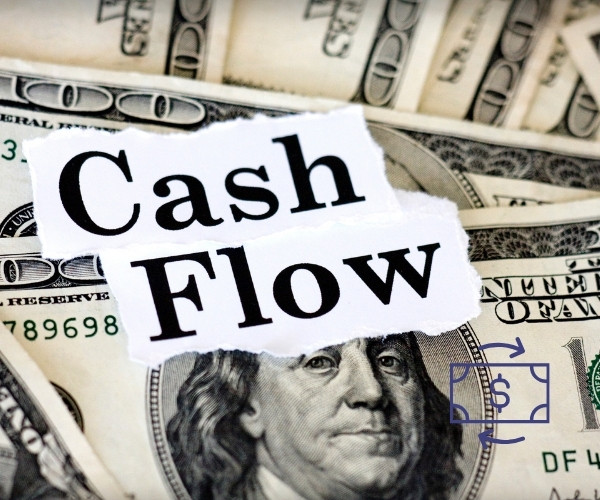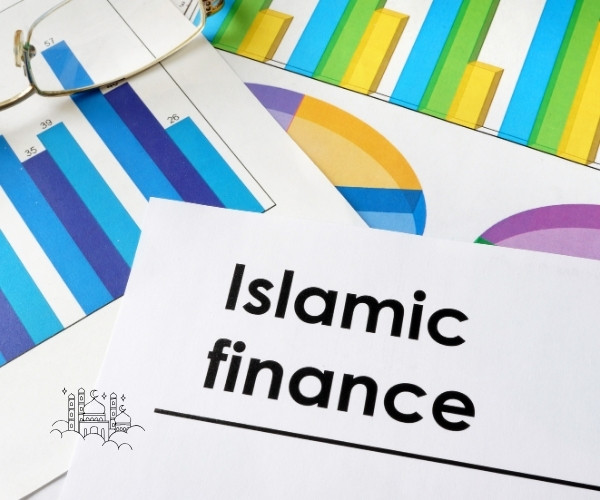Who is the True Donor of Your Gift Donation?

Making a charitable donation on behalf of someone else as a gift has become an increasingly popular way to honor loved ones while supporting meaningful causes. However, this practice raises important questions about who is considered the "true donor" and who should receive the official donation receipt for tax purposes. Understanding these rules is crucial for both donors and charitable organizations to ensure compliance with Canada Revenue Agency (CRA) regulations.
What Is a Donation Made on Behalf of Someone?
A donation made on behalf of someone as a gift occurs when one person makes a charitable contribution but designates it in honor of another person. This might happen during special occasions like birthdays, holidays, or memorial services. While the gesture is meaningful, the tax implications and receipt issuance require careful consideration of who the actual donor is.
The True Donor Principle
According to CRA guidelines, the true donor is the individual or organization that actually provided the funds for the donation. This principle is fundamental to proper receipt issuance and tax credit claims. The official donation receipt must always be issued in the name of the true donor, not the person being honored by the gift.
Key Factors in Identifying the True Donor
Source of Funds: The most critical factor is determining where the money originated. If Person A uses their own money to make a donation in honor of Person B, then Person A is the true donor and should receive the receipt.
Payment Method Evidence: Credit card statements, bank records, and check signatures provide clear evidence of who provided the funds. For example, if a donation is made using Sarah's credit card to honor her mother, Sarah is the true donor regardless of how the gift is designated.
Written Documentation: When there's any ambiguity about donor identity, charitable organizations should request written declarations identifying the true donor. Without proper documentation, organizations cannot issue official donation receipts.
Common Scenarios and Solutions
When it comes to charitable donations, identifying the actual donor is of utmost importance as it guarantees transparency and adherence to tax regulations. Let's explore various scenarios to clarify who the actual donor is in different situations and when charities can issue official donation receipts.
Scenario 1: Simple Cheque Donation
Your charity receives a cheque from Donna Hughes. The cheque is written in her name.
Actual Donor: Donna Hughes. You can issue the official donation receipt in Donna's name, as she is clearly the donor who provided the funds.
Scenario 2: Two Names on a Cheque
You receive a cheque with two names, Alex and Joan, but no additional information is provided about who the actual donor is.
What to Do: You need evidence to determine the donor. If one person explicitly claims the donation, their name can go on the receipt. Otherwise, you may need to issue a receipt to both names, though only one person can ultimately claim the charitable tax credit.
Scenario 3: Donating Business Property
Alex and Joan own a laundromat called "Fresh Bubbles." Joan donates a used washing machine from the laundromat to your charity, valued at $100. She asks for the receipt to be issued in her name.
Actual Donor: The laundromat, "Fresh Bubbles," is the donor since the machine is the business's property. Unless Joan provides written evidence showing she purchased the washing machine personally with her own funds, you cannot issue the receipt in her name. The business entity is the true donor of business property.
Scenario 4: Customer Donations at a Store
A grocery store collects customer donations at checkout and then sends the total amount to your charity.
Actual Donors: The customers who made the individual donations are the actual donors. The store cannot claim to be the donor since it acts as a collection agent. Efficient tracking systems are needed, as issuing individual customer receipts may not always be practical, but the store is not the donor.
Scenario 5: Birthday Gift Donation
John wants to make a $500 donation to a local animal shelter as a birthday gift for his sister Mary. John uses his own credit card for the payment.
True Donor: John is the true donor since he provided the funds. The receipt should be issued in John's name, and he can claim the tax credit. The charity can acknowledge that the donation was made "in honor of Mary" for recognition purposes, but the official receipt belongs to John.
Scenario 6: Memorial Donations
Family members collect money for a memorial donation following a loved one's passing. Different relatives contribute various amounts, which are then combined into a single donation.
True Donors: Each family member who contributed funds is a true donor for their specific contribution amount. The charity should issue separate receipts to each contributor based on their individual donation amounts, provided they have a detailed breakdown of contributions and donor information.
Scenario 7: Corporate Collection
A company organizes a charity drive where employees contribute money, and the company sends one check to the charity for the total collected amount.
True Donors: The individual employees who contributed are the true donors, not the company. The charity cannot issue a receipt to the company unless the company is adding its own funds. To issue proper receipts, the charity needs a detailed list of employee names, addresses, and individual contribution amounts.
Special Considerations for Gift Donations
Anonymous Giving Through Agents
Some donors prefer to remain anonymous while still making donations on behalf of others. In these cases, donors can hire agents to act on their behalf. The agent holds the funds in trust and directs them to the charity. The receipt is issued "to the agent in trust," and the agent then provides it to the anonymous donor.
Joint Account Donations
When a donation comes from a joint bank account, the receipt can be issued in one name or both names shown on the account. However, only one person can claim the charitable tax credit for that donation, regardless of who signed the check.
Documentation Requirements
For donations made on behalf of someone else, proper documentation is essential:
- Full legal names and addresses of true donors
- Clear records of fund sources
- Written declarations when donor identity isn't immediately clear
- Detailed breakdowns for collected donations
Best Practices for Donors
Keep Detailed Records: Maintain documentation showing your contribution, including bank statements, credit card records, and receipt acknowledgments.
Communicate Clearly: When making a donation in someone's honor, clearly communicate to the charity that you are the donor but want the gift designated in another person's name.
Understand Tax Implications: Remember that only the true donor can claim the charitable tax credit, regardless of who is being honored by the donation.
Plan for Group Gifts: When organizing group donations, decide in advance whether participants want individual receipts or if one person will coordinate and receive the receipt for the full amount.
Best Practices for Charities
Verify Donor Identity: Always confirm who provided the funds before issuing receipts. When in doubt, request additional documentation or written declarations.
Maintain Accurate Records: Keep detailed records of all donations, including any special designations or honoree information separate from official receipt information.
Educate Donors: Help donors understand the difference between who gets honored and who receives the tax receipt. Clear communication prevents misunderstandings and compliance issues.
Implement Clear Policies: Establish and communicate clear policies about gift donations, including what documentation is required and how receipts will be issued.
Why Identifying the Actual Donor Matters
The Canada Revenue Agency (CRA) requires charities to maintain accurate records of donations and their sources. If audited, your charity may need to provide evidence to support every receipt issued. Understanding the actual donor in each situation ensures your charity remains compliant and maintains trust with your donors.
Proper identification of true donors isn't just good practice—it's a legal requirement. Failure to correctly identify the donor can lead to serious issues with the Canada Revenue Agency (CRA) during audits, potentially resulting in penalties, loss of tax-exempt status, required return of improperly claimed tax credits, and damaged reputation and donor trust.
Conclusion
Making charitable donations on behalf of someone as a gift is a thoughtful way to honor loved ones while supporting important causes. However, success depends on understanding that the true donor—the person who provided the funds—must receive the official donation receipt and can claim the associated tax benefits.
By following CRA guidelines, maintaining proper documentation, and ensuring clear communication between donors and charities, these meaningful gifts can be processed correctly while maintaining compliance with tax regulations. Whether you're a donor looking to honor someone special or a charity receiving such gifts, understanding these principles helps ensure that charitable giving remains both meaningful and properly documented.
Remember: when in doubt about donor identity, it's always better to request additional clarification rather than risk improper receipt issuance. This protects both the charity's compliance status and the donor's ability to claim legitimate tax benefits.
Need Expert Help with Your Charity's Financial Management?
Managing donor identification, receipt issuance, and compliance with CRA regulations can be complex and time-consuming. If your Canadian charity needs professional guidance to ensure proper bookkeeping practices and regulatory compliance, we're here to help.
At Charity Accounting Firm, we specialize in bookkeeping services specifically designed for Canadian charities. Our experienced team understands the unique challenges charities face, from donor receipt management to CRA audit preparation. We help ensure your organization maintains accurate financial records while you focus on your mission.
Ready to streamline your charity's financial management? Contact us today to learn how our specialized bookkeeping services can help your organization maintain compliance, improve efficiency, and build stronger donor relationships through proper financial stewardship.






















